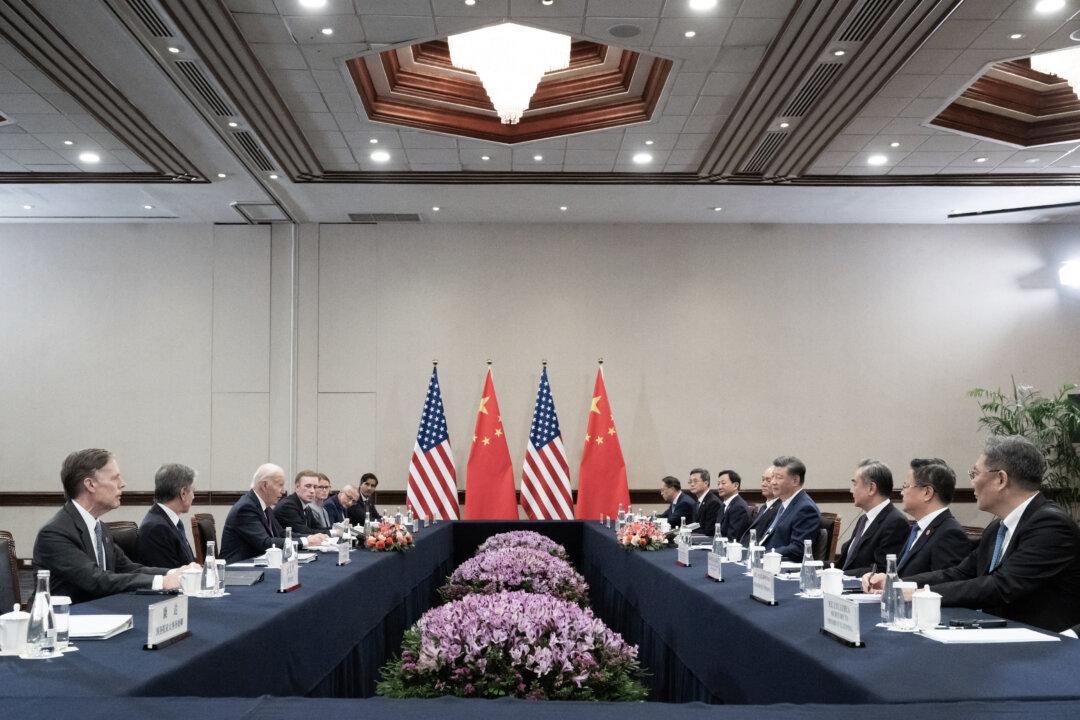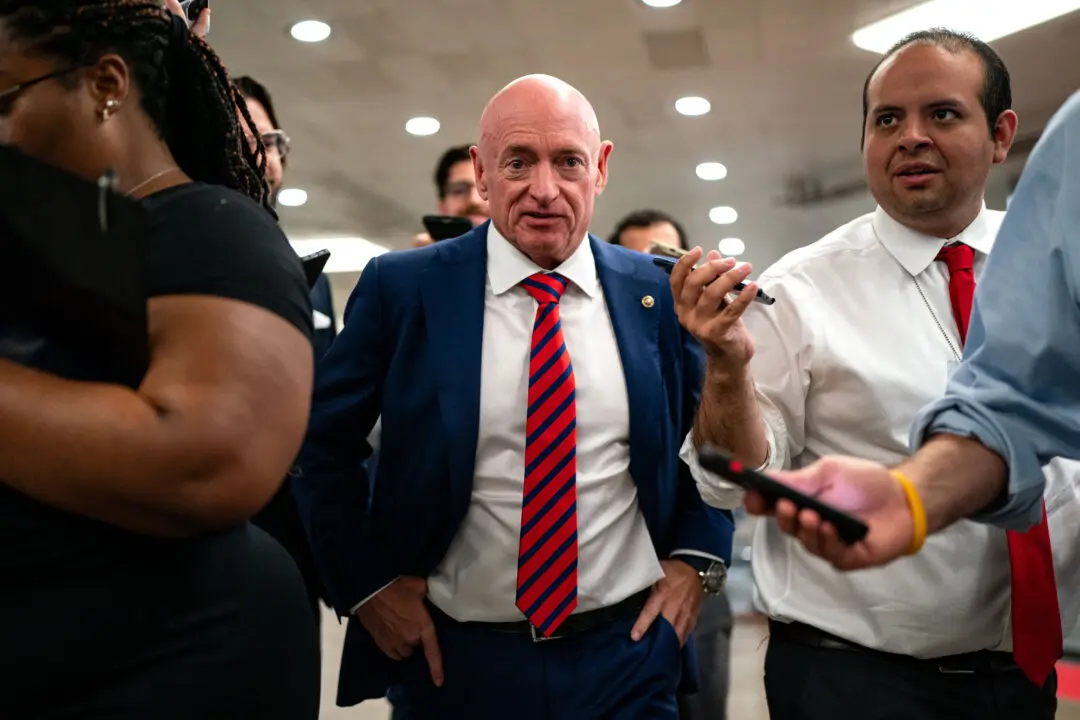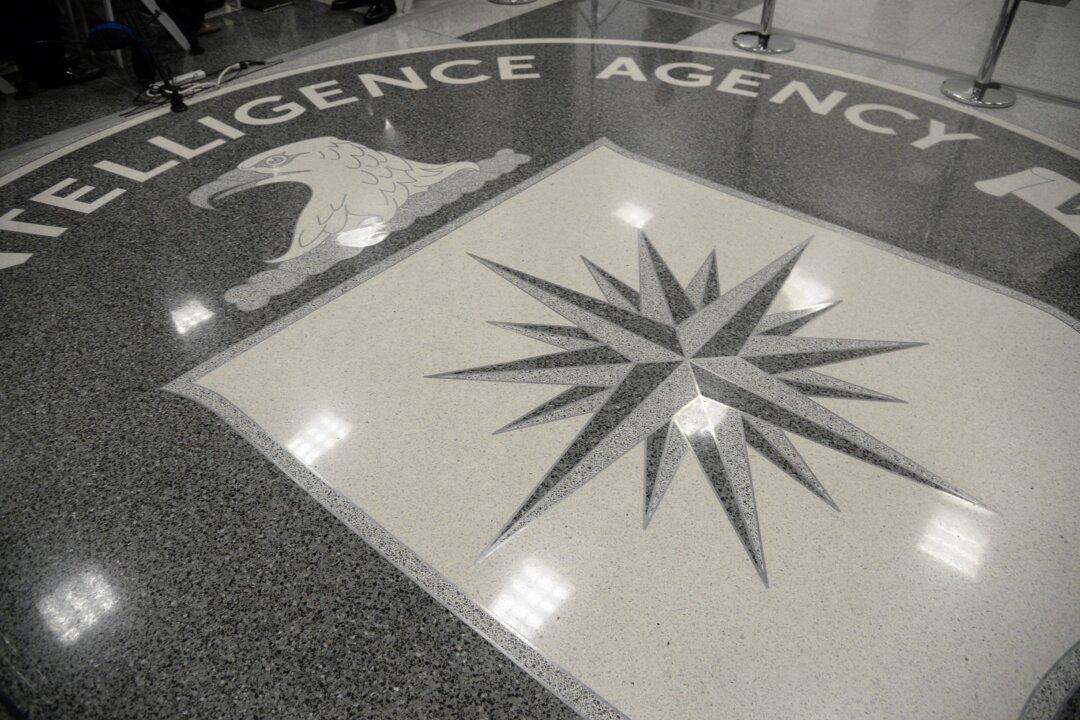President Joe Biden met with Chinese leader Xi Jinping on Nov. 16 for their final in-person meeting of Biden’s presidency. During their discussion, which lasted one hour and 40 minutes, Xi expressed China’s readiness to work with the incoming U.S. administration.
The meeting took place on the sidelines of the Asia-Pacific Economic Cooperation (APEC) summit in Lima, Peru, at the hotel where Xi was staying.






